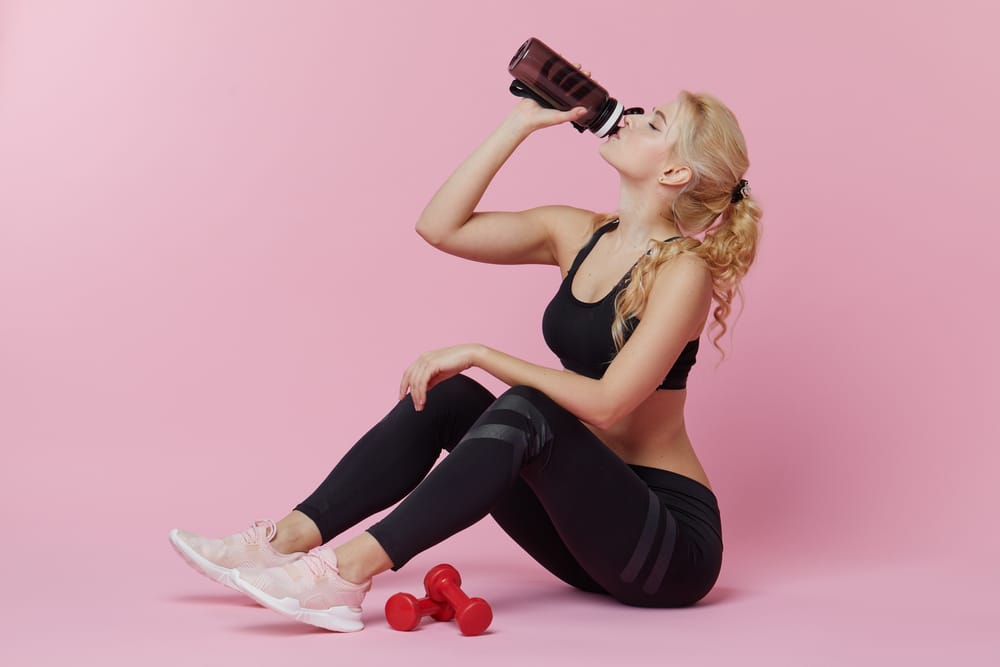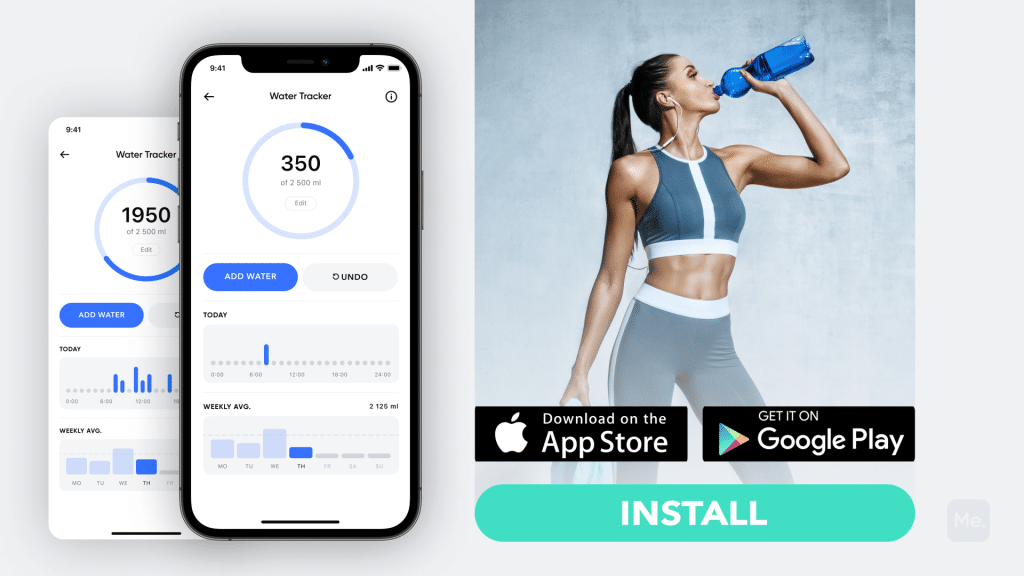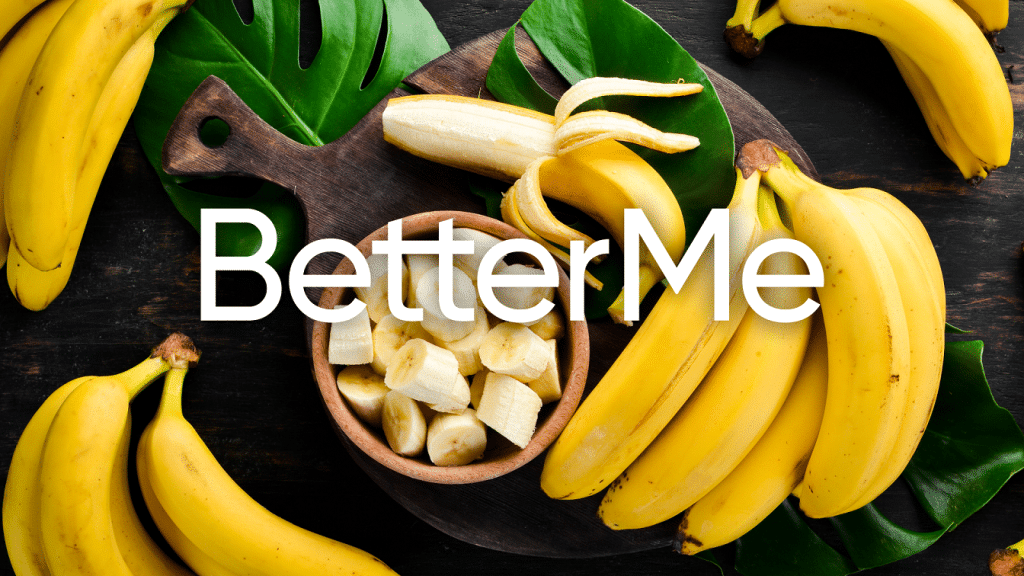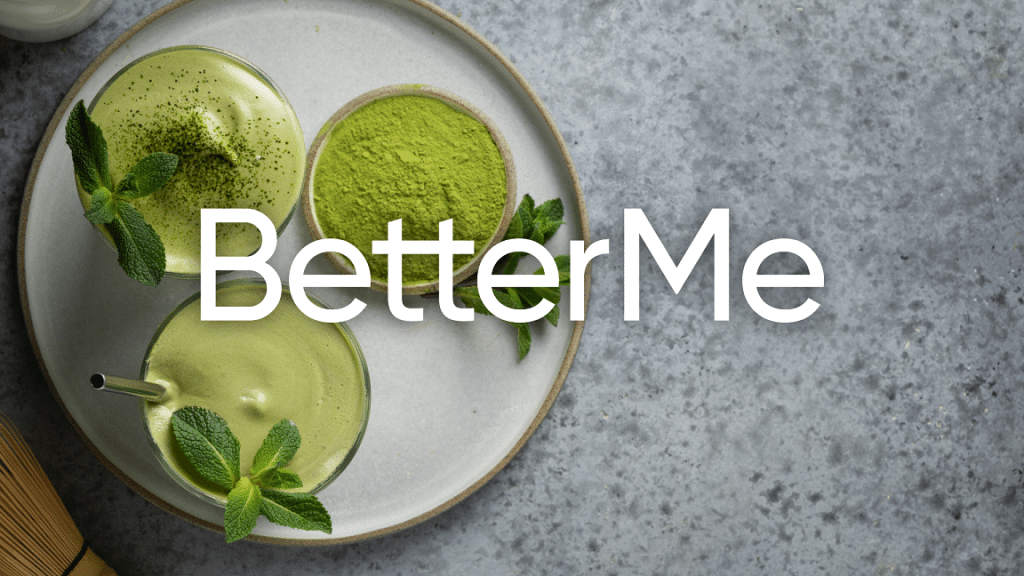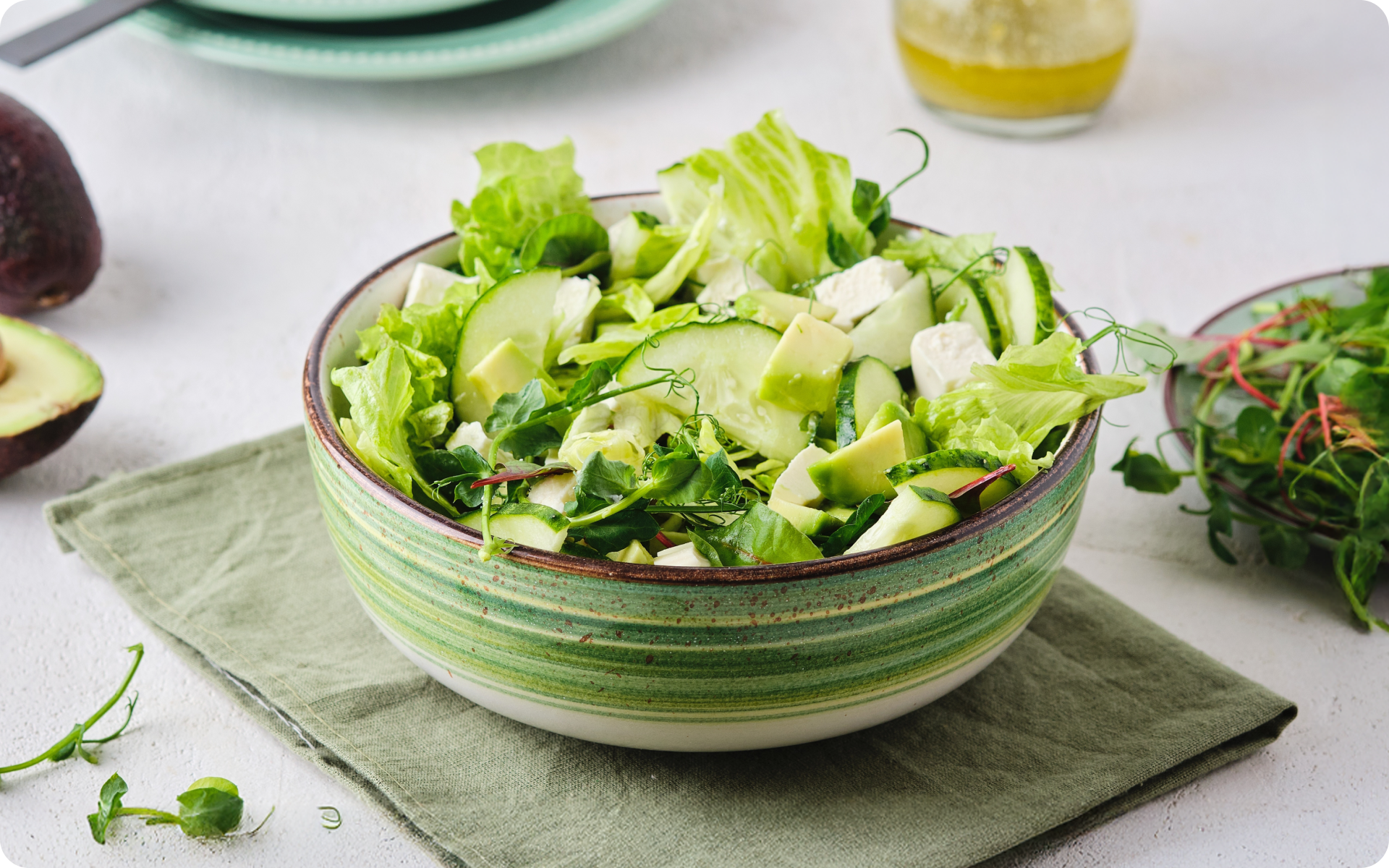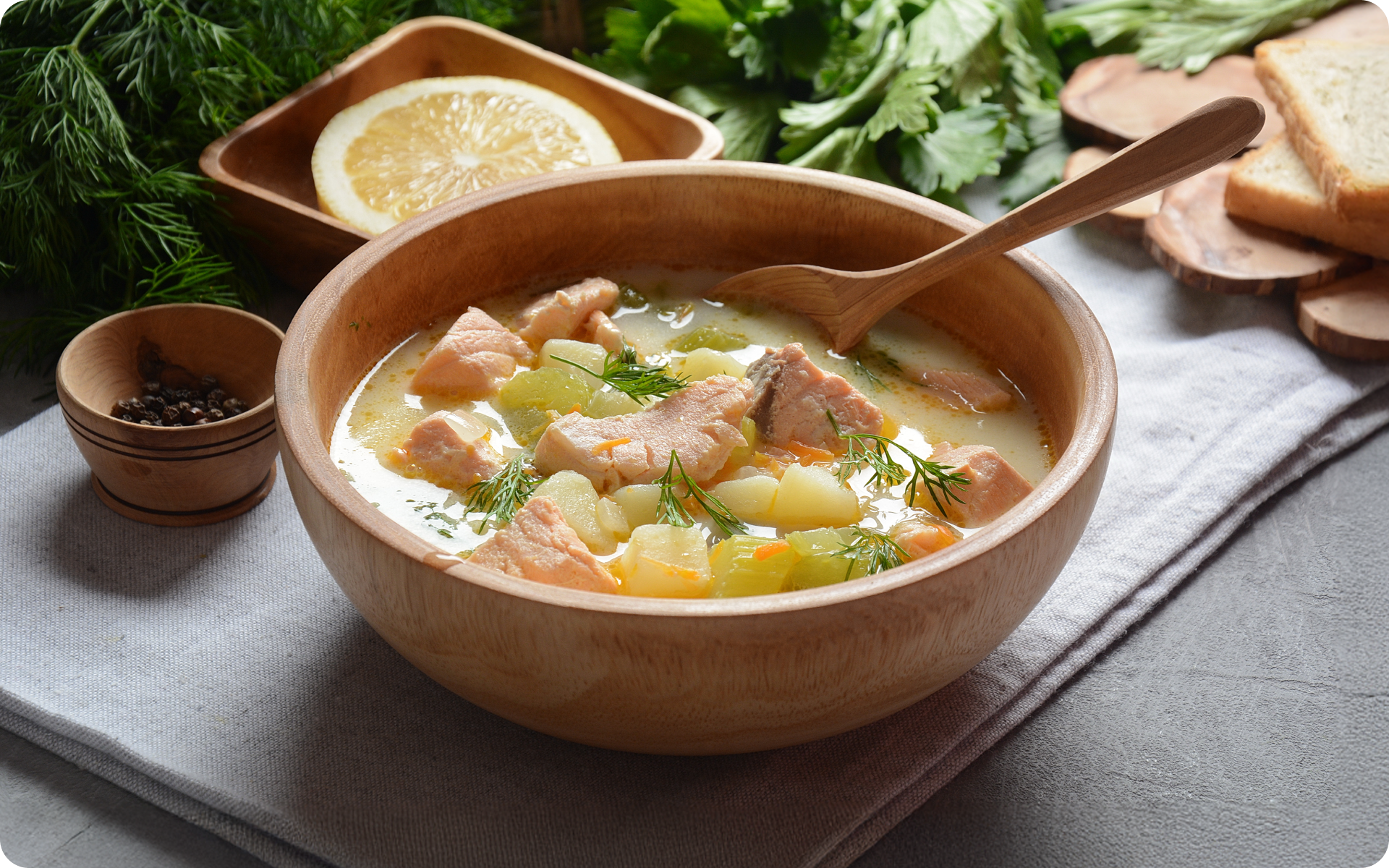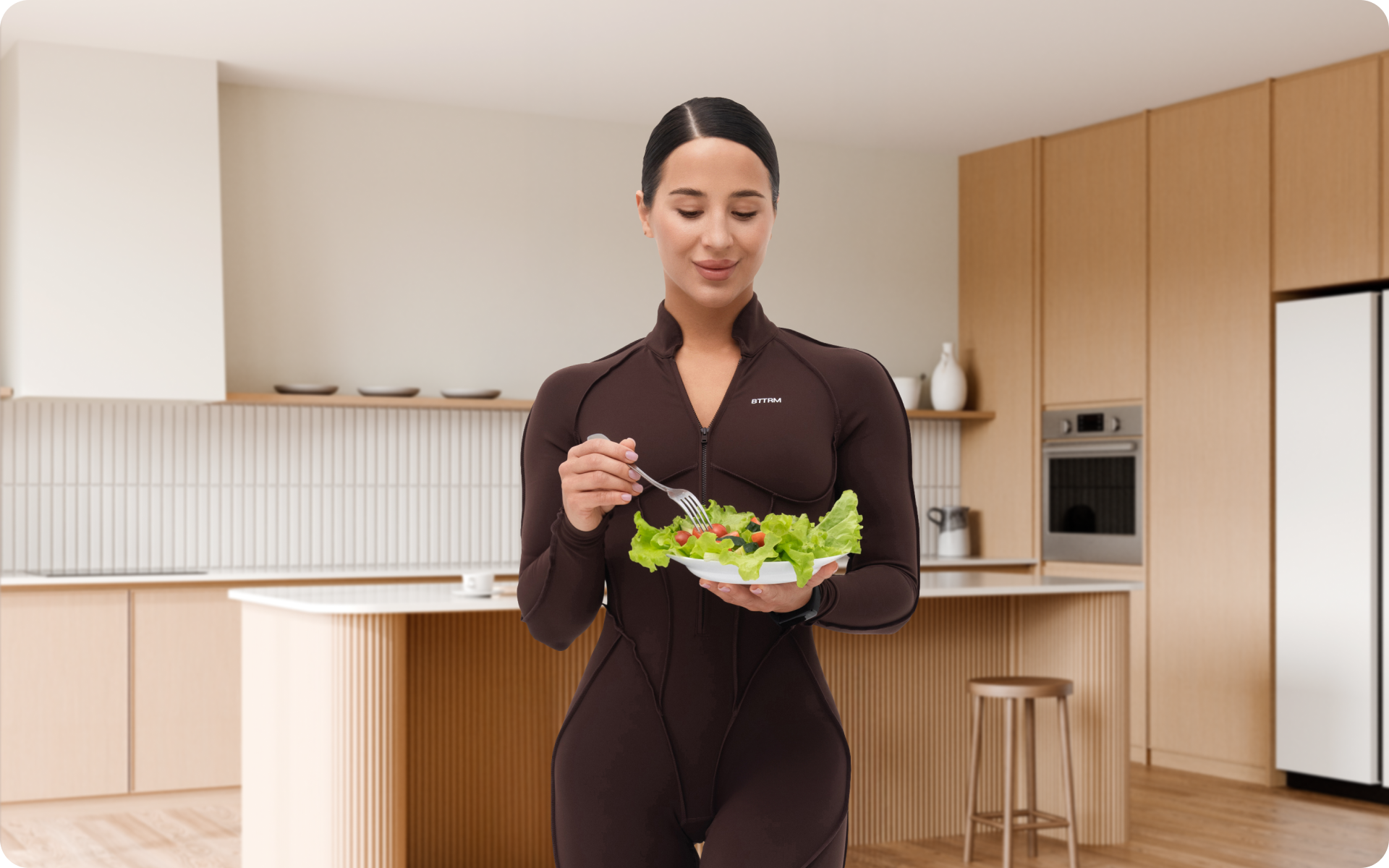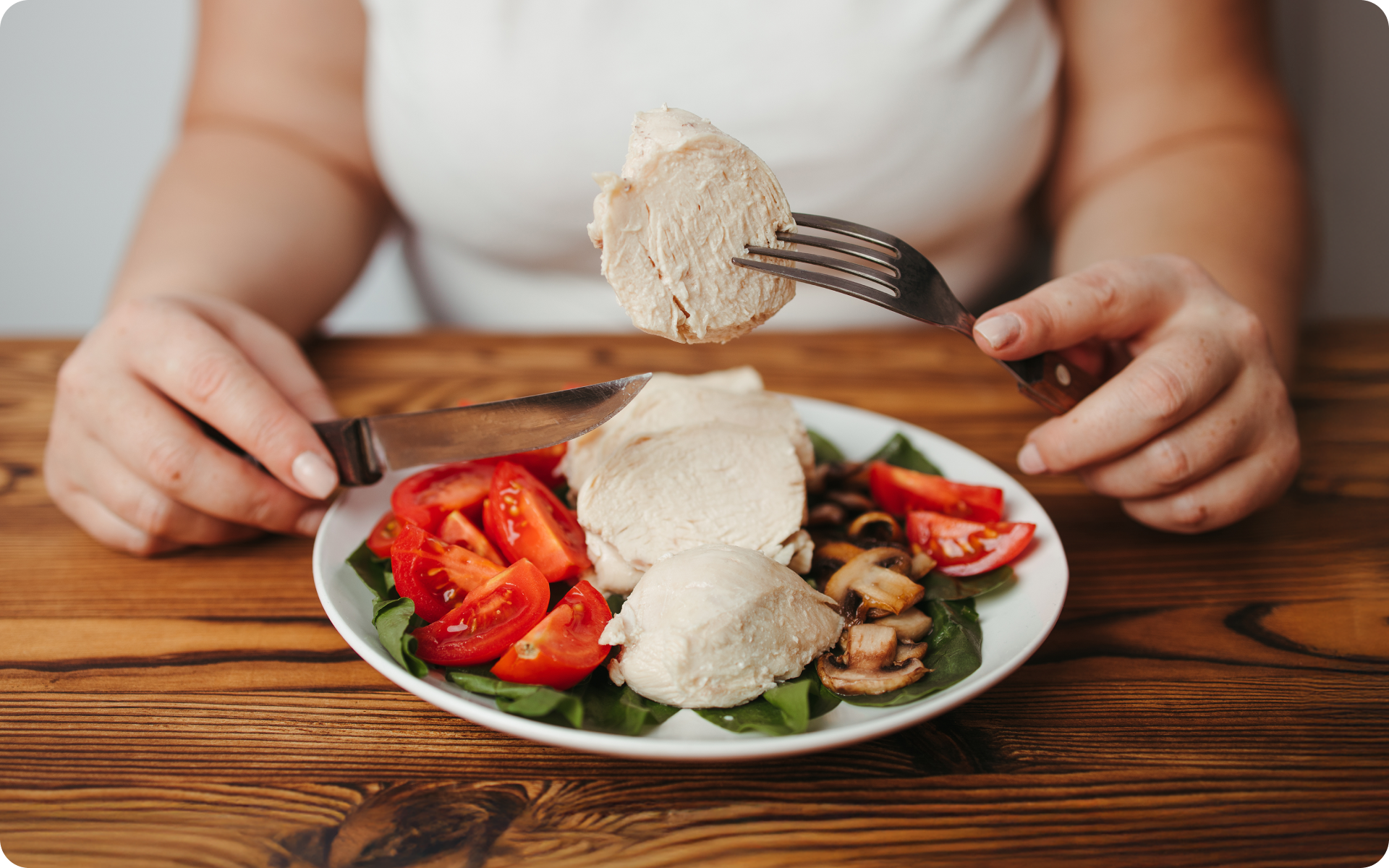Most diets are tough. But the diet that’s been taking over social media lately is an easy one for sure – it’s called the protein shake diet. It requires nothing more than drinking a protein shake every day, and there are no complicated food rules to follow.
Get your personalized
meal plan!

The only problem? There have been so many conflicting opinions about how effective or safe this diet is that you might need some help navigating the information overload before deciding if you want to try it for yourself. Here’s the scoop on the 1 week protein shake diet.
What Is The Protein Shake Diet?
The protein shake diet isn’t a traditional diet, which requires you to give up your favorite foods and subsist on bland meals. Instead, it’s an “alternative” diet that replaces one or two daily meals with a quick shake that contains a large portion of the proteins that your body needs each day.
There are many versions of the diet; some restrict you to taking shakes only while others encourage a more flexible approach.
A standard 1 week protein shake diet for weight loss may involve such a daily meal plan (1):
- Two protein shakes (usually 200–300 calories each)
- Three small snacks (usually 100 calories each)
- One full meal such as dinner (400–500 calories)
After you have consumed your shake, you probably won’t feel as if you have eaten what you are used to eating. It will take a lot of willpower not to snack too much while on this liquid diet. You must ask yourself whether or not you can maintain this diet. There isn’t much a point to drinking protein shakes once or twice a day if you overeat the rest of the time.
A protein shake is just what it sounds like: some kind of powder mixed into water or milk to make a beverage.
Most powders use one or more of the following protein varieties:
- Whey protein
- Casein protein
- Egg white protein
- Soy protein
- Plant protein
- Beef protein
You can buy pre-made protein shakes at grocery stores or online, but some people use those just as inspiration for making their own homemade versions (sometimes using raw ingredients instead of highly processed powders).
The main ingredient in protein shakes is a protein powder, which you can get at most health food stores. Some people also use ingredients like low-fat milk and fresh fruit to add a variety of nutrients to their shakes.
How The Diet Works
Protein shakes offer more than just protein. Manufacturers typically fortify them with a range of vitamins and minerals. They may also contain fruits, vegetables, and other nutrients.
Following a protein shake diet encourages weight loss by curbing appetite and reducing the total calories a person consumes in a day.
Research has linked protein consumption to increased feelings of fullness (13). People who include enough protein in their diets may therefore have fewer food cravings and eat less. For convenience, some may choose to get this protein through shakes instead of food – the benefits are similar.
Read More: When To Eat Protein: Answering The Most Commonly Asked Questions About Protein Consumption
What Can I Eat On The Protein Shake Diet?
The traditional version of the diet allows for one, maybe two, meals per day; just replace your regular meal with a shake or smoothie. But other versions call for more flexibility: you’re limited only by how many calories you want to take in each day, so as long as your calorie count remains within an acceptable range (usually between 1,600 and 2,200), you can mix and match your meal and shake choices (9).
The only real guidelines are that you should focus on getting enough protein, and you should try to eat other healthy foods like fruits and vegetables. You shouldn’t use this diet as an excuse to load up on junk food or sweets!
How Many Protein Shakes A Day?
Since the idea is to simply replace a meal with a shake, many people use this diet when they’re too busy to sit down for a proper meal such as breakfast in the morning or lunch at work. Instead of rushing through meals, just slug back one of your shakes instead – but be careful not to overdo it!
Some people believe that you can drink a shake for every meal, but this isn’t advisable unless you want to be irritable or jittery the entire time. It’s best to limit yourself to one or two shakes per day and eat food the rest of the time, just like the original version of this diet recommends.
Are Protein Shakes Good For Weight Loss?
Protein has been shown to help with weight loss. Whether derived from whole foods or shakes, this nutrient can help you shed a few pounds as part of a balanced diet and in conjunction with exercise. It does so in the following ways.
Decreasing Hunger And Appetite
Protein reduces the hunger hormone ghrelin levels and increases satiety or feelings of fullness in the brain, thereby reducing appetite. Protein has been shown to be more satisfying than other nutrients such as starch and sugar, which tend to raise blood sugar levels and trigger a sharp drop in energy after consumption (8). This effect can help you avoid overeating later on. The bulkiness of protein also allows you to feel full faster than eating foods low in protein, helping with weight control (2).
If you wish to cinch your waist, tone up your bat wings, blast away the muffin top – our fitness app was created to cater to all your needs! BetterMe won’t give excess weight a chance!
Protein Provides Energy
Eating more protein helps keep your blood glucose stable by slowing down the digestion process so that your blood sugar doesn’t spike mid-meal. This is good because spikes in blood sugar are quickly followed by dips in energy levels. In contrast, slow digestion from protein can help you avoid hunger and lethargy after eating (16).
A study found that a high protein breakfast helped people feel more full after their meal compared to an equally high carbohydrate breakfast. This could be why regular dieters who typically skip breakfast tend to regain weight faster than people who eat this important meal (3).
Boosting Metabolism
Protein is essential for building muscle mass as well as preserving it, especially when fat loss is targeted. Protein plus strength training ensures that muscles don’t break down or waste away while you lose fat, helping your body maintain its shape even with a smaller amount of overall weight on it (12).
More importantly, muscle burns more calories than fat. So when your body carries more muscle, you burn slightly more calories each day.
One study gave obese participants shakes with either 200 or 0 grams of extra protein per week. More of those given the protein gained muscle mass than did those not given protein following a 13-week training program (7).
Protein can also increase metabolism because of the number of calories needed to digest and metabolize it. This is known as the thermic effect of food (TEF).
For instance, protein digestion requires a 15-30% increase in energy expenditure over the basal metabolic rate (BMR), while that is only 5-10% for carbohydrate digestion and 0-3% for fat digestion (2).
Targeting Belly Fat
High protein intake can be useful for losing belly fat which is one of the most dangerous and stubborn fat on the human body. In one study, participants given high protein meals lost 10% more belly fat after 12 months than those eating moderate amounts of the nutrient (5).
Preventing Weight Regain
Long-term effects on appetite, metabolism, and muscle mass may keep you from regaining lost weight. In one study, a consistent high-protein diet resulted in better weight maintenance. Participants who took a protein supplement felt more full after meals than their counterparts who didn’t take supplements.
Read More: Are Protein Shakes Good For Weight Loss: Here’s Why They Really Are Worth All The Hype
When To Drink Protein Shakes For Weight Loss?
Should you drink protein shakes before or after exercise? Is there a good time to drink these for optimal weight loss? If you’re new to the concept of nutrient timing, the answers to these questions can make a huge difference to your weight loss efforts.
If you’re looking to lose weight without excess, what time you take your protein shake doesn’t really matter. Because protein curbs appetite and reduces hunger hormones, consuming protein-rich snacks between meals can help you eat fewer calories overall (6).
But if you’re looking to build muscle, timing matters. The foundation of weight training for so long has been the ingestion of protein immediately following your workout. It is believed that muscle tissue needs to be fed within an hour after working it in order for new growth to occur (17).
That said, the International Society of Sports Nutrition recommends consuming protein any time up to two hours after your workout for building muscle mass (10).
But for the average person aiming for moderate fitness, resistance exercise and consuming sufficient protein each day are more important than timing protein intake, so do what works for you.
The Dangers Of Weight Loss Shakes
Since protein contains calories, consuming too much can actually make losing weight more difficult — especially if you drink protein shakes in addition to your usual diet, and you’re not exercising.
Some store-bought varieties may contain additives such as sweeteners that are not so healthy. It’s best to read labels carefully before making a purchase.
BetterMe is your fast-track ticket to a long-lasting weight loss! Tailor your fitness journey and maximize your results with just a couple of swipes!
Which Are The Best Weight Loss Shakes?
The exact type of protein you have in your shake might not make a major difference when it comes to weight loss. However, in terms of the nutritional value, there are some considerable differences:
Whey Protein
It contains all the essential amino acids. It is also more quickly absorbed than casein, so you feel less hungry in the short term. Some studies report that it may be more effective than soy protein in weight loss and preserving lean muscle (18).
Other studies find no difference in the effects that this protein has in comparison to others (4).
Casein
This dairy-based protein contains all the essential amino acids your body needs. It is slowly absorbed, which may have an effect on satiety — it may keep you fuller for longer. The slow absorption also makes it a popular drink to have before bed for a slow-release through the night (14).
Soy
This powder is plant-based and contains all essential amino acids. It’s a popular lactose-free, vegan choice. It also contains soy isoflavones, which may provide some health benefits. It may provide relief from menopausal symptoms and protect against some types of breast cancer and heart disease (15).
Pea Protein
This plant-based powder is another top choice for vegans. It is low in the non-essential amino acids cysteine and methionine (11).
These deficiencies are not a cause for concern unless the protein shake is the only source of protein in your diet (11). However, some brands mix it with soy protein to complement each other’s amino acid profile. Other plant-based protein powders include rice and hemp.
The Bottom Line
Replacing meals with protein shakes may help you reduce your daily calories, which can help you lose weight. But eventually, you will need to start eating solid food again, which may cause excess weight to return if you don’t make the right food choices and practice portion control. Additionally, if you rely too heavily on protein shakes to replace regular meals, you’ll miss out on the nutritional benefits of whole foods.
DISCLAIMER:
This article is intended for general informational purposes only and does not address individual circumstances. It is not a substitute for professional advice or help and should not be relied on to make decisions of any kind. Any action you take upon the information presented in this article is strictly at your own risk and responsibility!
SOURCES:
- A controlled trial of protein enrichment of meal replacements for weight reduction with retention of lean body mass (2008, biomedcentral.com)
- A high-protein diet for reducing body fat: mechanisms and possible caveats (2014, nih.gov)
- A randomized, controlled, crossover trial to assess the acute appetitive and metabolic effects of sausage and egg-based convenience breakfast meals in overweight premenopausal women ( 2015, pubmed.gov)
- Effect of dairy proteins on appetite, energy expenditure, body weight, and composition: a review of the evidence from controlled clinical trials (2013, pubmed.gov)
- Effect of normal-fat diets, either medium or high in protein, on body weight in overweight subjects: a randomised 1-year trial (2004, nih.gov)
- Effects of high-protein vs. high-fat snacks on appetite control, satiety, and eating initiation in healthy (2014, nih.gov)
- Exploration of the protein requirement during weight loss in obese older adults (2015, pubmed.gov)
- Ghrelin and glucagon-like peptide 1 concentrations, 24-h satiety, and energy and substrate metabolism during a high-protein diet measured in a respiration chamber (2006, pubmed.gov)
- How Many Calories Do Adults Need? (2021, eatright.org)
- International society of sports nutrition position stand: nutrient timing (2017, pubmed.gov)
- Nutritional quality of important food legumes (2006, sciencedirect.com)
- Preserving Healthy Muscle during Weight Loss (2017, nih.gov)
- Protein, weight management, and satiety (2008, oup.com)
- Slow and fast dietary proteins differently modulate postprandial protein accretion (1997, pubmed.gov)
- Soy foods and supplementation: a review of commonly perceived health benefits and risks (2014, pubmed.gov)
- The effects of consuming frequent, higher protein meals on appetite and satiety during weight loss in overweight/obese men (2011, pubmed.gov)
- The role of protein and amino acid supplements in the athlete’s diet: does type or timing of ingestion matter? (2002, nih.gov)
- Whey protein supplementation preserves postprandial myofibrillar protein synthesis during short-term energy restriction in overweight and obese adults (2015, pubmed.gov)
